In this article:
Your brain needs you to sleep so it can rest, reset, and restart correctly. Thus, getting restful sleep is an important requisite for the maintenance of your physical, emotional, and mental well-being.
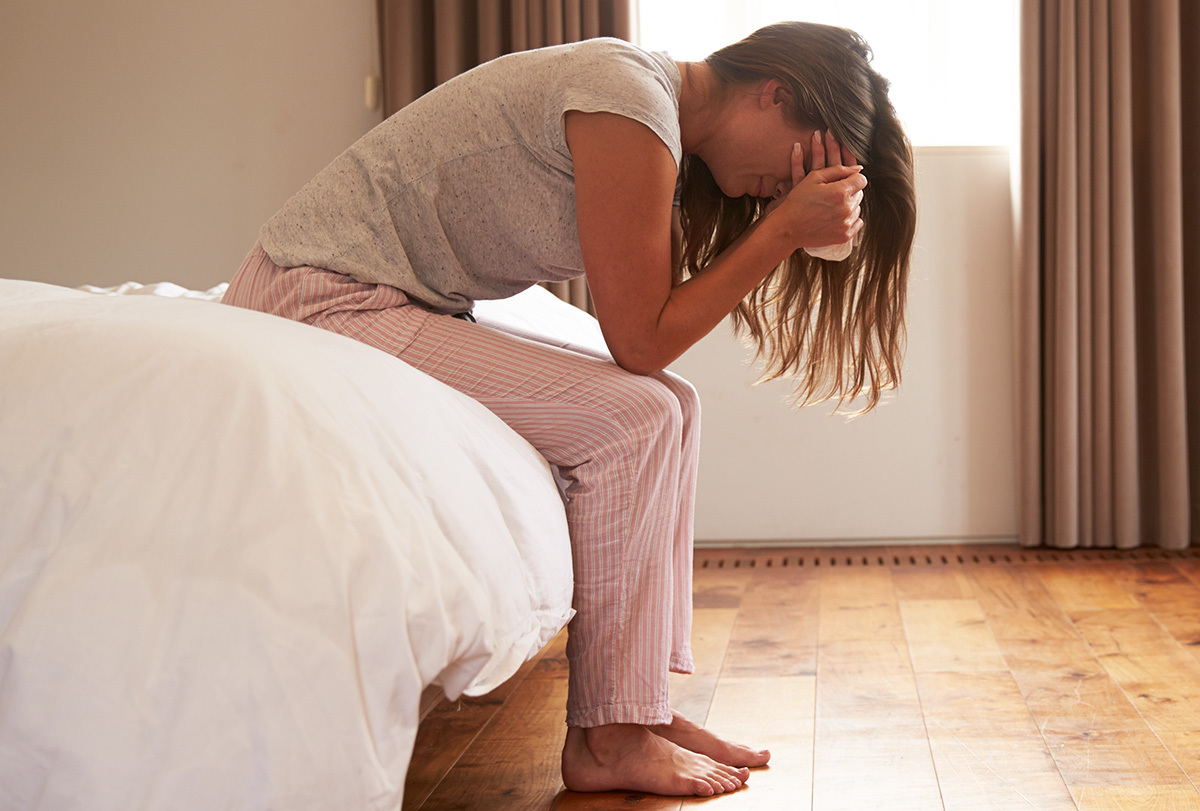
In fact, it is as important as food and water in that regard. Not getting enough sleep can adversely affect your brain, your heart, and immune system. (1)(2)
People who struggle to get adequate or good-quality sleep on a regular basis tend to become drowsy and tired during the daytime, which compromises their ability to think clearly, focus on tasks, and function at their best.
If you cannot focus well, you cannot think clearly, so your decisions can be impaired. You may even be at risk of meeting a car or work accident.
Plus, sleep deprivation makes your body crave sugars and carbs, which leads to obesity and diabetes. You can also get seizures if you have not slept in a long time. (3)
What Are the Dangerous Side Effects of Not Getting Enough Sleep?
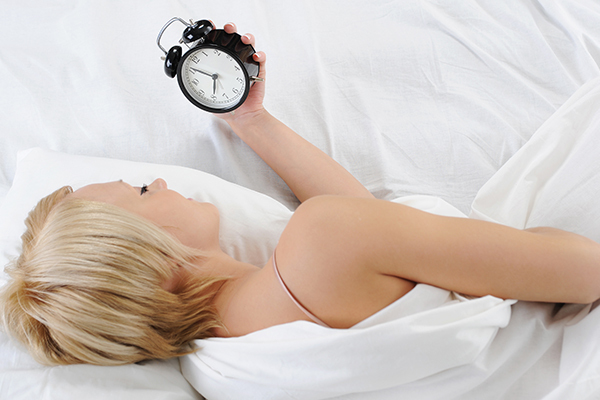
Sleep deprivation can adversely affect different aspects of your health in the following ways:
1. Affects memory and brain function
Your brain needs you to sleep so it can work better. It is only when you fall into deep slumber that your brain is able to build memory.
When you are learning a new skill or studying for an exam, make sure you get enough sleep afterwards so that your brain is able to preserve or store new information in the form of memory. (4)
2. Affects heart health
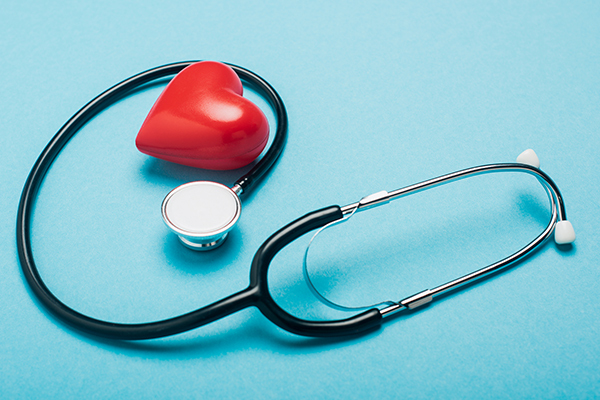
If you don’t sleep well, your body does not get any time to rest and recuperate.
A constantly active body puts relentless pressure on the heart, which can lead to cardiovascular damage. This can pave the way for a heart attack or congestive heart failure. (5)
3. Weakens immunity
When you don’t sleep well, the level of stress hormone inside your body spikes. This stress hormone called cortisol works the same way as a steroid shot given after an allergic reaction – it curbs the body’s immune response to minimize inflammation. (6)
But in the absence of an allergic reaction, the spike in cortisol only inhibits the body’s ability to fight infections. (6)
4. Causes depression
If you don’t go into deep sleep, your body will not be able to produce enough of the happy hormone (serotonin). (7) So, you will be more irritated and depressed. This also explains why some antidepressants tend to make you sleepy.
5. Contributes to weight gain

Lack of sleep increases the level of stress hormone (cortisol) in the body, making you crave sugar and carbohydrates. High intake of sugar and carbs, in turn, makes you gain weight while also increasing the risk of diabetes. (8)
6. Increases risk of diabetes
The constant elevation of stress hormone due to lack of sleep is similar to taking a high dose of steroids all the time. This will make you feel constantly hungry and will urge you to eat more carbs.
Excessive consumption of carbs and sugars can damage your pancreas and, thereby, lead to the onset of diabetes. (9)
7. Leads to fatigue-related incidences
If you are not sleeping well, your body will get exhausted from the lack of recovery period. Your energy will be depleted because of the constant stress condition your body lives in. (10)
8. Kills sex drive
Lack of sleep can cause severe hormonal imbalance, affecting your sex hormone and thereby hampering your sex drive. As a result, you will find yourself less interested in sexual activity and generally more irritable. (11)
9. Other problems
Sleep deprivation can lead to memory trouble, increase your cancer risk, and heighten your susceptibility to early death by compromising your overall health. (12)
How Many Hours Should an Adult Sleep During the Night?
Every individual is different, and each one may need a little more or a little less sleep to recharge. (13) But generally speaking, adults are recommended to get at least 6–8 hours of sleep every night.
What Medical Conditions Can Cause Insomnia?
Many medical, physical, and mental conditions can cause insomnia, such as restless leg syndrome, heart failure, sleep apnea (obstructive or central), anxiety, jet lag, and irregular work hours. (14)
How Is Insomnia Treated?
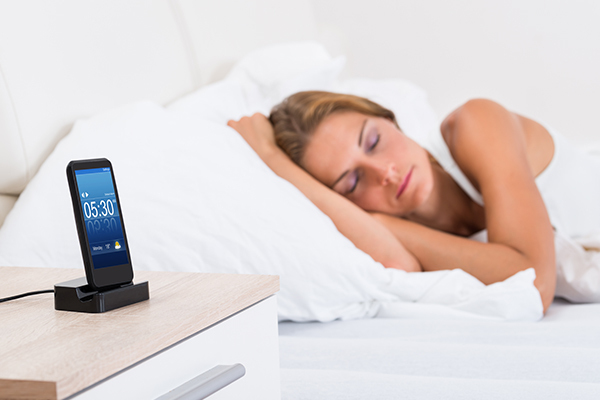
Your doctor will evaluate your medical history and symptoms, ask you relevant questions, and examine you to identify the root cause of your insomnia so that it can be treated accordingly.
The doctor may prescribe sedatives and sleeping aids if needed, but these medications do not address the underlying cause of insomnia and are not meant for long-term use. In fact, too much reliance on these can make the problem worse later on.
Your body will gradually develop resistance and require higher and higher dosages over time, which can have adverse side effects. Therefore, the focus of treatment should be on behavioral and lifestyle changes that aim to foster good sleep hygiene and build a steady sleep routine.
Here are some commonly recommended measures to help treat insomnia:
- Stick to a consistent sleep schedule.
- Avoid caffeinated or alcoholic drinks after 4 pm.
- Keep your bedroom for sleep and sex only.
- Don’t work out right before bed.
- Try to avoid any stressful conversations, phone calls, or meetings right before bed
- Don’t force yourself to sleep if you are not sleepy.
- Have a routine ritual for your sleep, and be mentally prepared for it.
- Dim the lights, brush your teeth, and turn off the TV and your smartphone to create a conducive ambiance for sleep.
- Read a book, pray, or meditate before going to bed as this will help relax your mind so that you fall asleep more easily.
How Is Insomnia Diagnosed?
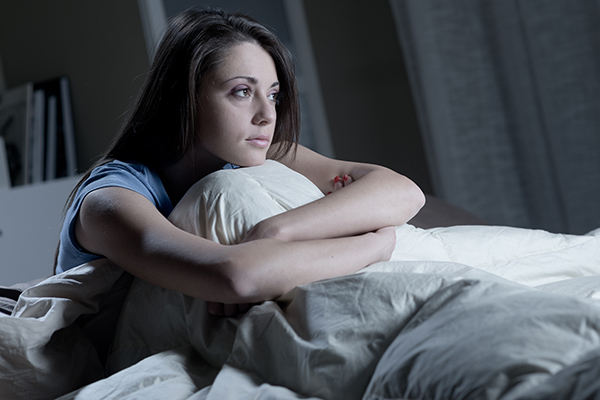
Insomnia has many causes and types. Your doctor will start off by determining the type of insomnia you may have. To that end, he/she will ask if you have difficulty falling asleep or you have trouble staying asleep?
You may have difficulty falling asleep if:
- You are stressed out.
- You are thinking too much.
- You drink too much caffeine during the day.
- You work out right before going to bed. (15)
If you have trouble staying asleep, then your doctor needs to ask you more questions about your breathing, snoring, frequency of using the bathroom at night, etc. These are some of the commonly asked questions:
- Do you have any pain that wakes you in the middle of the night?
- Do you have intrusive thoughts and ideas that keep your mind racing?
- Do you wake up in terror from nightmares or screaming?
- Is your room too hot, too cold, too noisy, or too bright?
- Do you have a TV in your bedroom that stays on late in the night?
- What medication do you take? Are you taking any herbal or over-the-counter medication to help you lose weight or detox?
Final Word
Overcoming insomnia or other sleeping disorders requires consistent effort. It is a problem that sets in over time and goes away over time, but you must be committed to the treatment plan.
If you haven’t had a good night’s sleep in months, don’t expect the problem to resolve overnight. You may be doing everything right, but it will take weeks for your body to get accustomed to the newly adopted sleep schedule and practices.
Slowly but steadily, you will start to notice an improvement in the quality and quantity of your sleep. Be patient, don’t give up, and stay the course.
- Was this article helpful?
- YES, THANKS!NOT REALLY


